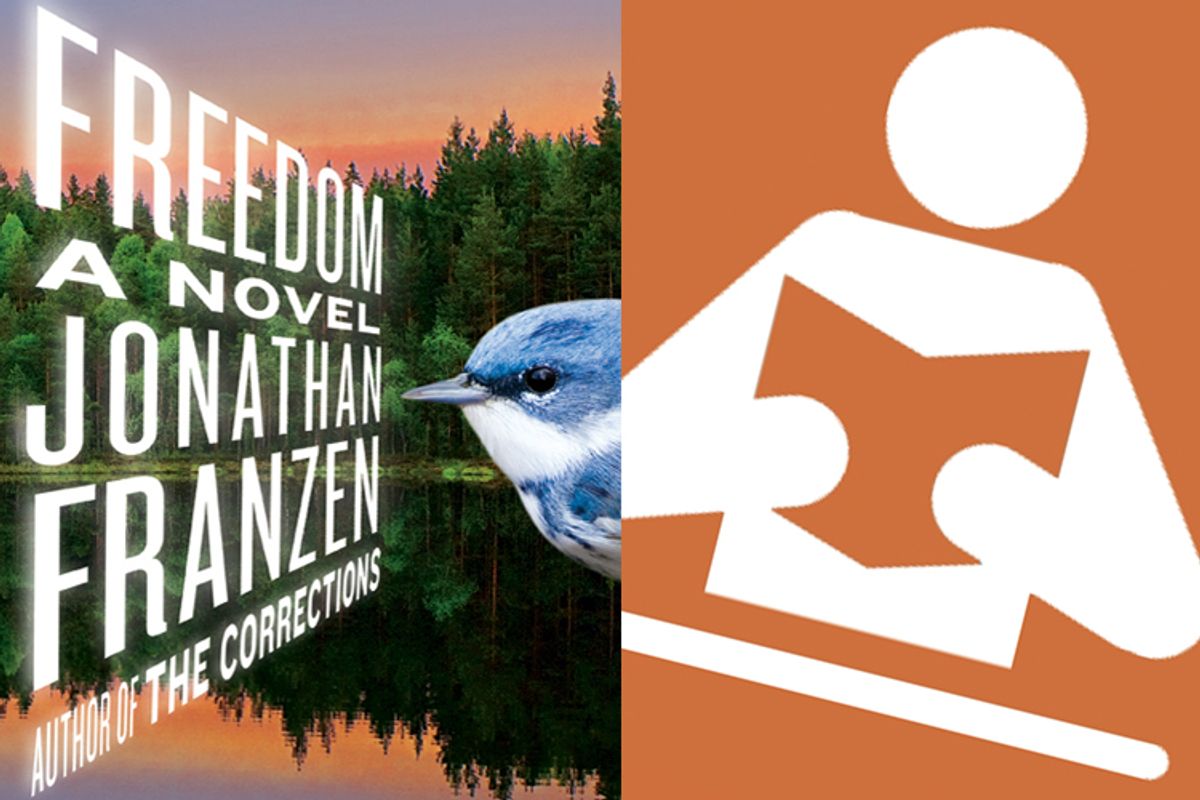Likability is indeed just another word for "morality." A huge section of the American reading public does not want art for art's sake, or even realistic characters; it wants the books we read and the movies we see to be clever public service announcements, meant to uphold public morality.
Naturally, these unrealistic modern Achilles types must have some "likable" flaw, which is almost worse. It leads to the aesthetic of "quirkiness," which has brought such success to Jonathan Safran Foer and Wes Anderson (probably the two masters of the modern safe-quirk genre).
I might point out that "The Corrections" was in some sense a morality tale, the classic American story of trying to get all the kids home for one last Christmas with the family. Well, not all literature has to be dangerous or extremely challenging, but frankly when I think of most modern American "literary" books, the epithet "cowardly" comes to mind. Paul Auster is a good example of an obviously talented (or even very talented) writer who simply can't break free of certain strictures. All of his books have good sections and the prose overall is enviable, but the end result is unsatisfying.
It all reminds me of a classic defense mechanism, "You're weird!" This epithet is used by many young people whenever they are confronted with a challenging person or a person with a challenging thesis. Having read many literary reviews on Amazon in order to get an idea of what the average person thinks about fiction, I've come to believe that half of the negative literary reviews can be broiled down to those two words: "You're weird."
The sad truth is that most American writers are professionals first, artists second. We need a Mark Twain to make all these Horatio Algers look ridiculous. The case of Nirvana and '80s rock is also instructive.



Shares